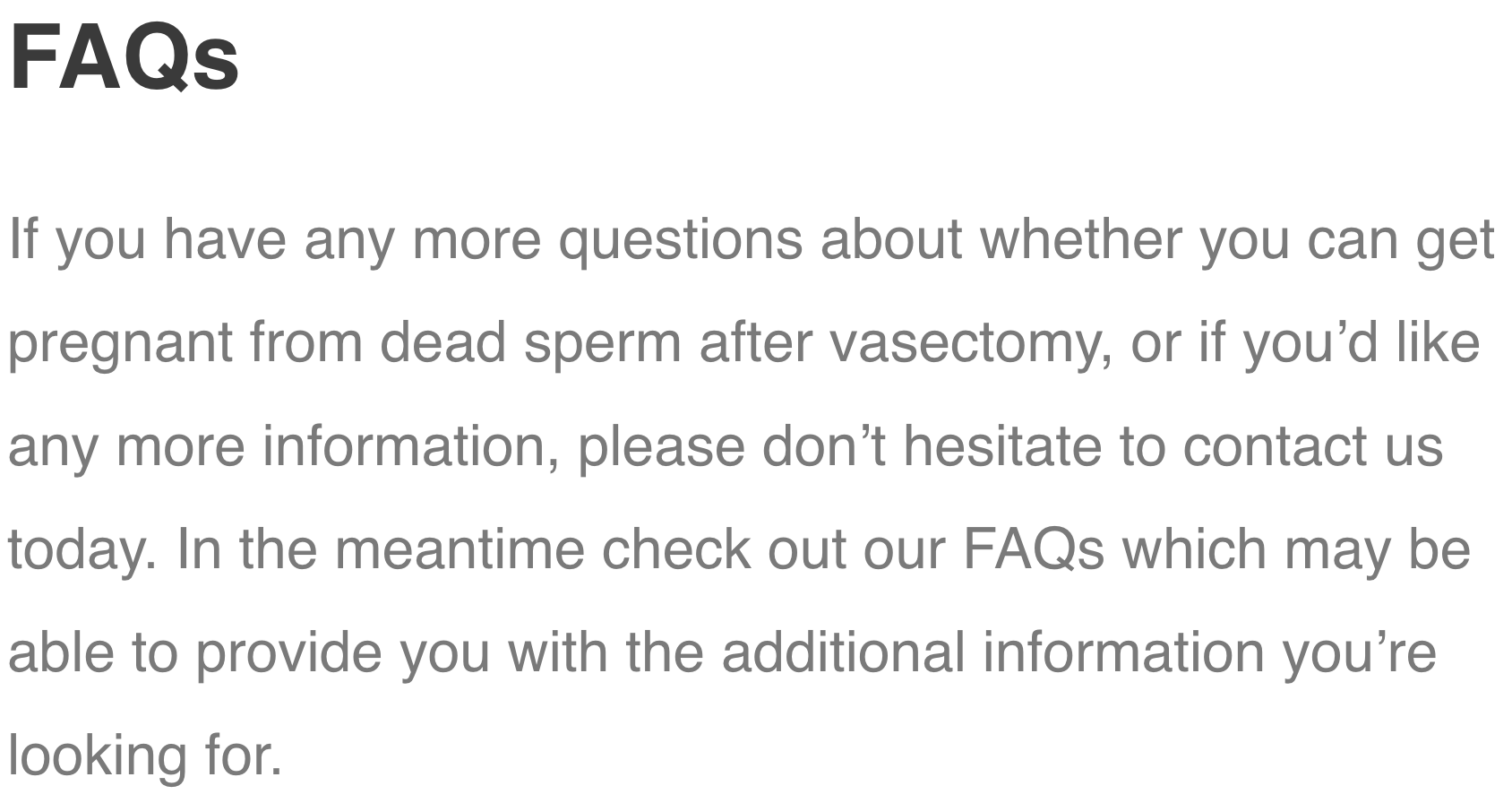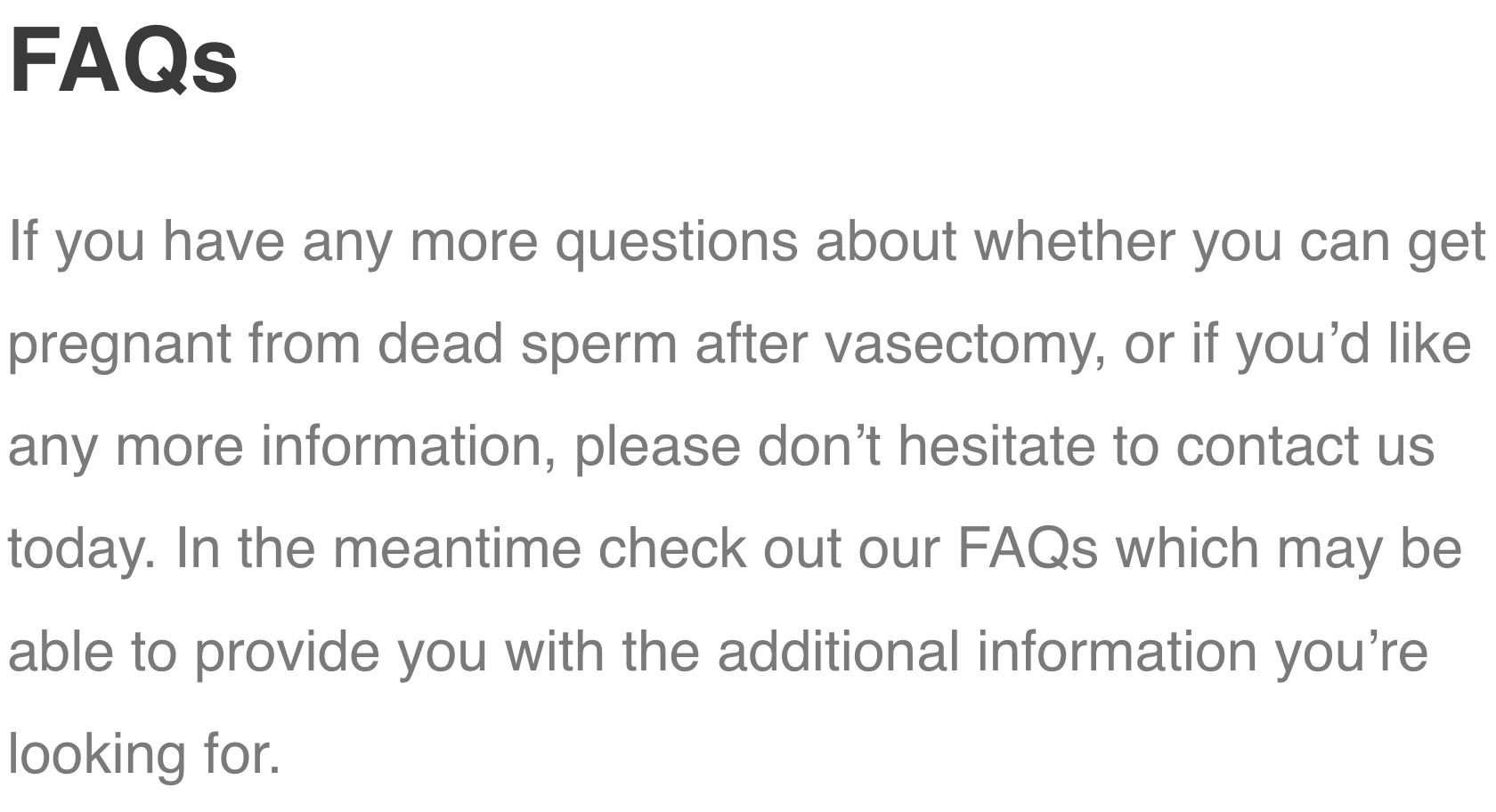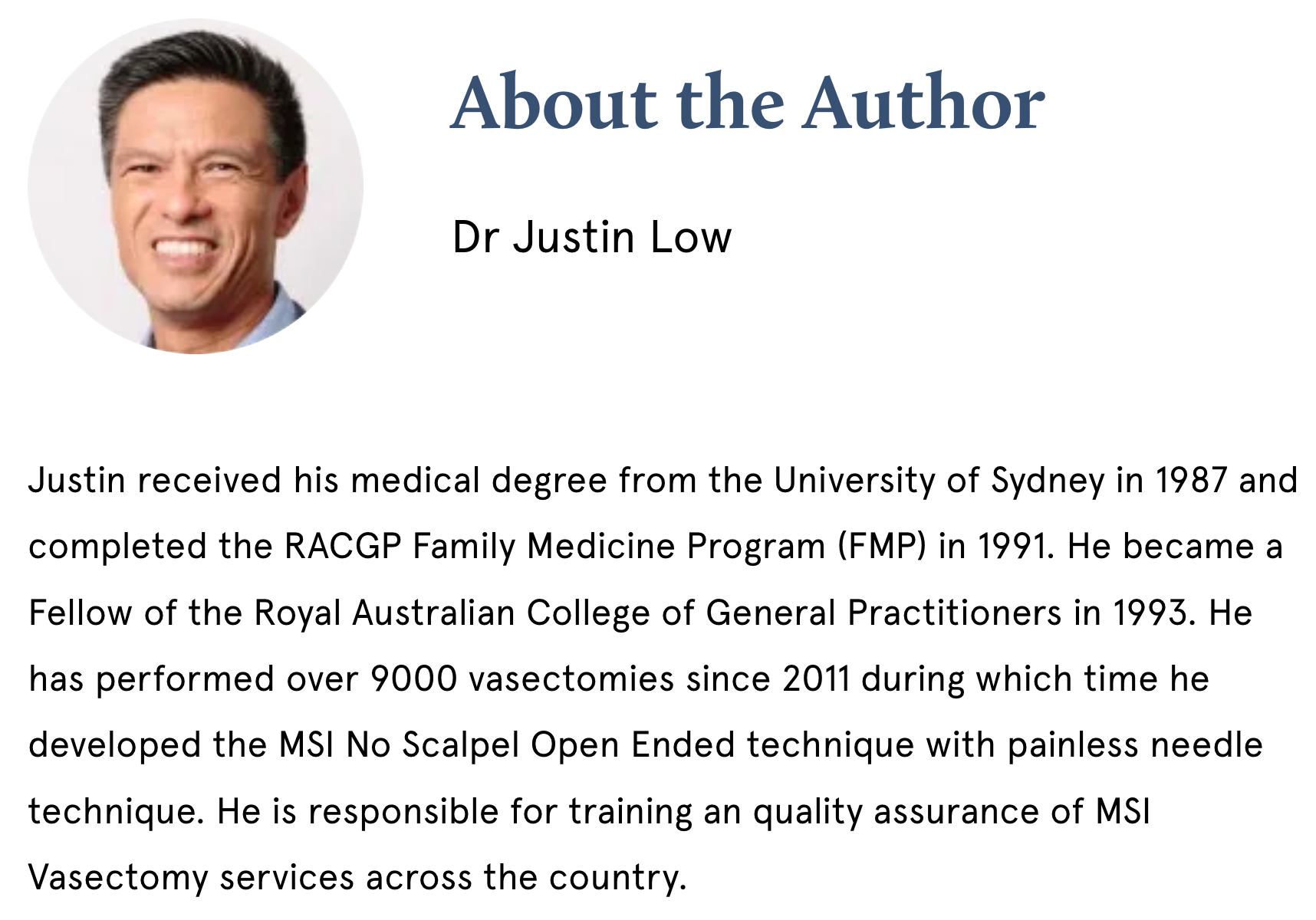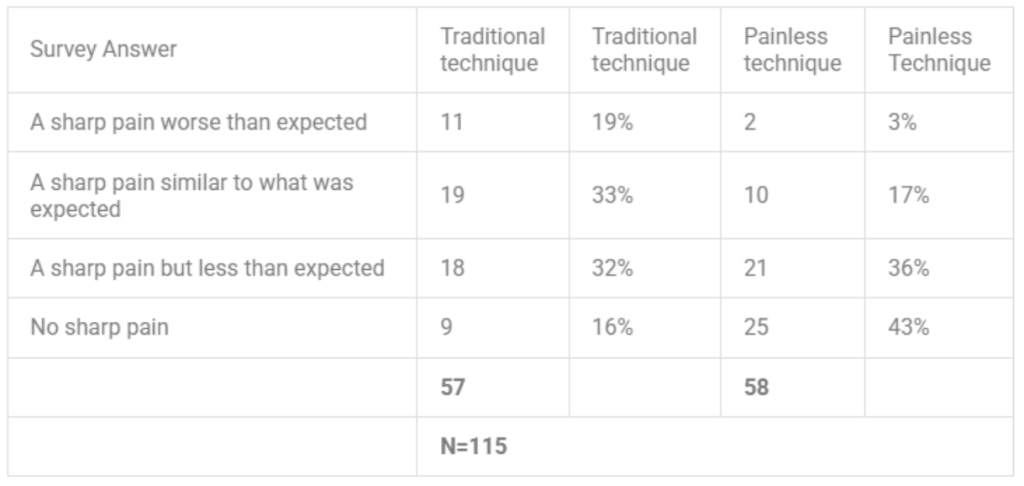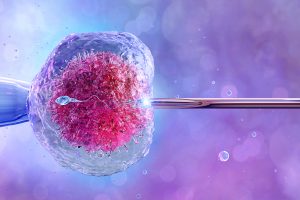Table of Contents
ToggleUnderstanding Vasectomy
Vasectomy, a widely chosen form of birth control, involves a surgical procedure aimed at preventing sperm from entering the semen, thus removing the risk of unwanted pregnancy during sexual activity. But a question we often get asked is can you get pregnant from dead sperm after vasectomy? We answer this and more in our latest blog post.
How Does Vasectomy Work?
In the vasectomy procedure, the doctor accesses the vas deferens through a small incision or puncture at the vasectomy site. The tubes are then sealed, which prevents sperm from being present in the semen. This process, while effective in reducing sperm count to zero, doesn’t affect the production of sperm, which continues but is absorbed by the body.
The Possibility of Pregnancy Post-Vasectomy
Even after a vasectomy, understanding the risk and timeline for possible pregnancy is crucial.
Can Dead Sperm Cause Pregnancy?
Dead sperm, or non-motile sperm, typically cannot produce pregnancy. However, in the immediate aftermath of a vasectomy, live sperm may still be present in the semen. It’s important to understand that until a semen analysis confirms a zero sperm count, the risk of unwanted pregnancy remains.
Time Frame for Sperm Viability After Vasectomy
The viability of sperm post-vasectomy varies, but it generally takes several (3) months for all live sperm to be cleared from the ejaculate. Couples are advised to use alternative birth control methods until a semen sample test confirms the absence of motile sperm. This special clearance is essential to ensure that the risk of pregnancy is minimised.
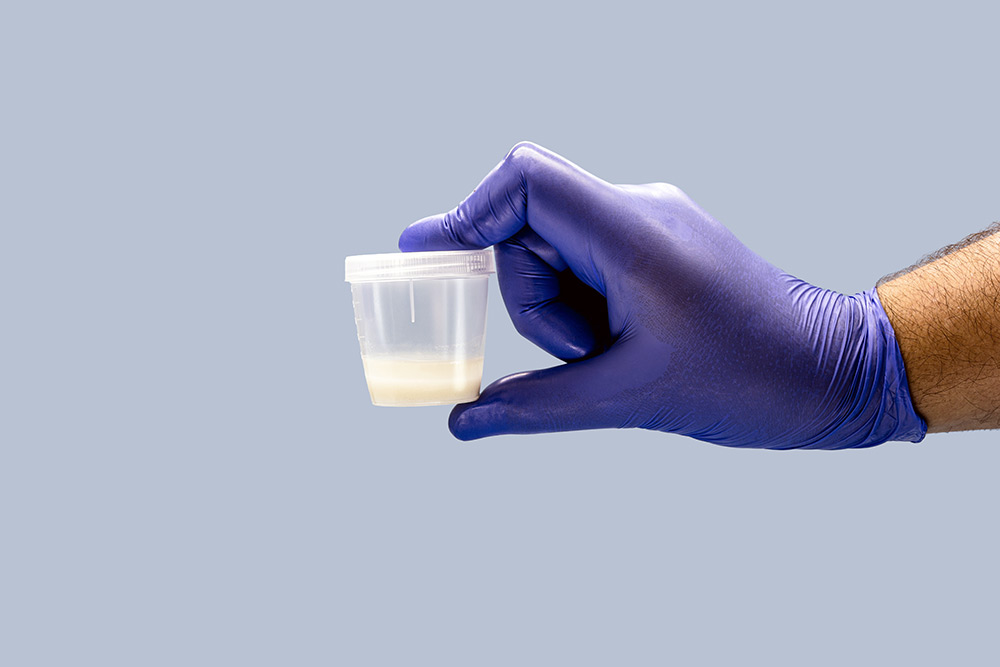
Factors Influencing Post-Vasectomy Pregnancy
Post-vasectomy pregnancy is rare but possible. Several factors, including the time frame after surgery and biological variations, can influence the likelihood of pregnancy even after a vasectomy.
Incomplete Vasectomy and Its Implications
An incomplete vasectomy, where the vas deferens are not fully sealed, can result in the continued presence of sperm in the semen. This scenario often termed a vasectomy failure, requires immediate attention and may necessitate a repeat surgery or alternative birth control measures.
The Role of Stored Sperm
Stored sperm in the vas deferens or ejaculatory ducts can lead to pregnancy if unprotected sex occurs soon after the vasectomy procedure. It’s crucial to understand that sperm can survive in these tubes for several months post-vasectomy, necessitating the use of contraception until a semen analysis confirms zero sperm count.
Precautions and Considerations
After undergoing a vasectomy, it’s essential to follow specific precautions and considerations to ensure the procedure’s effectiveness and to minimise the risk of unintended pregnancy. A critical aspect of post-vasectomy care is the confirmation of a zero sperm count in the semen.
This is typically determined through semen analysis, which is recommended 3 months after the surgery. This time frame allows for the clearance of any existing sperm from the ejaculatory tubes. However, achieving a zero sperm count may require more than one test, as residual sperm can be present for several months post-surgery.
Until this zero sperm count is confirmed through testing, it is advised to continue using alternative forms of contraception. Engaging in unprotected sex without this confirmation increases the risk of unintended pregnancy. Therefore, following medical guidance and ensuring complete adherence to the recommended testing schedule is crucial for the success of vasectomy as a contraceptive method.
Can pregnancy occur after a vasectomy?
While very rare, pregnancy can occur after a vasectomy if the procedure was incomplete or if unprotected sex happens before zero sperm count is confirmed. It’s essential to follow post-procedure guidelines and testing to ensure effectiveness.
How long until the male is sterile?
A male is considered sterile after a vasectomy once a semen analysis confirms that there is no sperm present. This typically takes 3 months post-surgery and may require multiple tests to ensure that no motile sperm are present. However, if your first sample is clear then you can start relying on your vasectomy for contraception.
What happens to sperm after a vasectomy?
After a vasectomy, sperm continue to be produced by the testicles but are prevented from entering the semen. Instead, they are absorbed by the body, a natural process that does not affect health or sexual function.
Is a vasectomy reversal always successful?
No, a vasectomy reversal is not always successful. The success of this procedure largely depends on factors such as the time elapsed since the vasectomy, the surgical technique used, and individual patient factors. Over time, the likelihood of successfully restoring fertility decreases.




